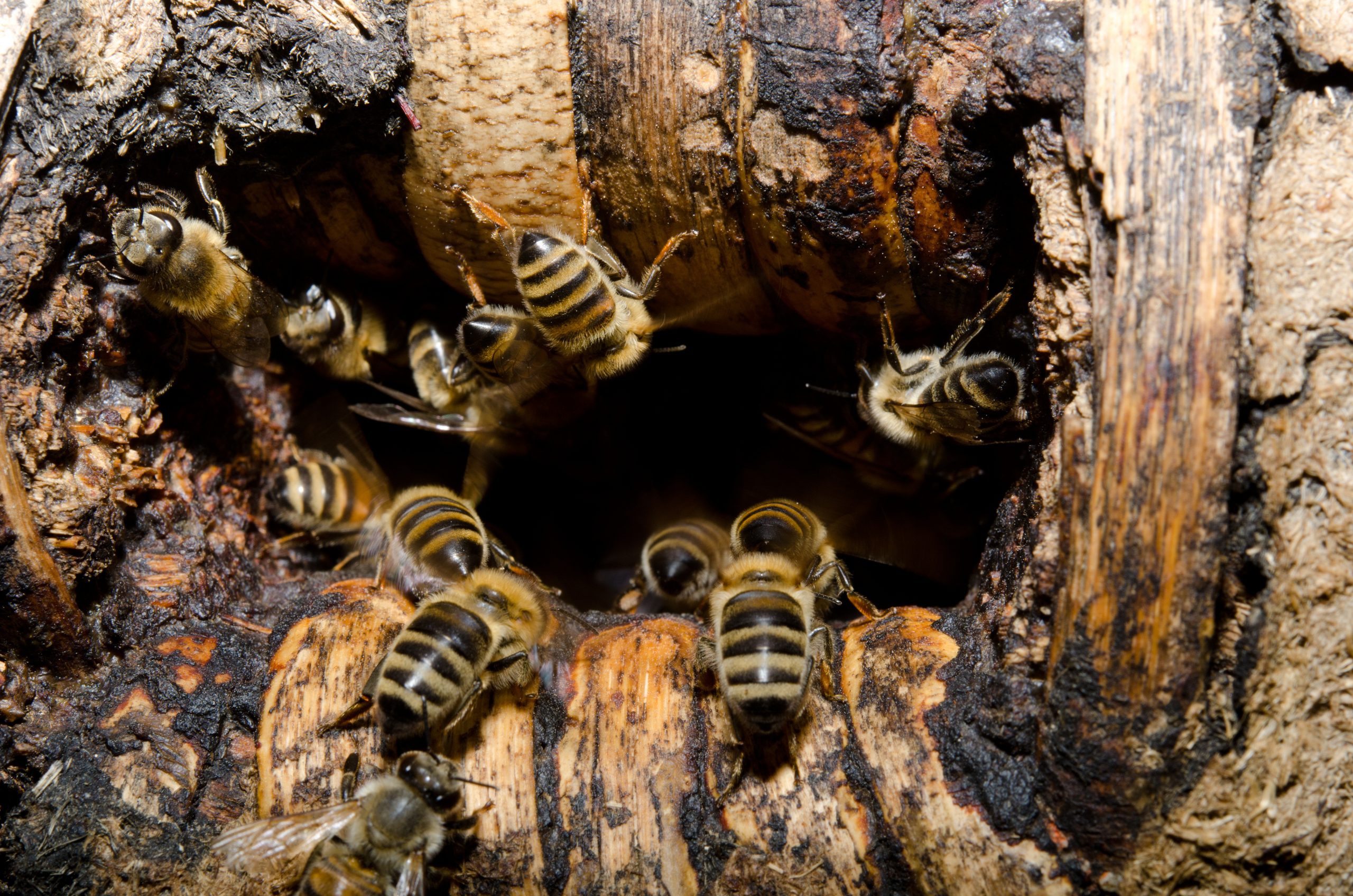A New Kind of Threat to Honeybees: Pirates...Kind of
February 24, 2016
Honeybees have many adversaries in the wild they struggle against in order to survive. In Zimbabwe, however, there is another adversary that U.S. bees likely haven’t seen before--and hopefully never will. Beekeepers in Zimbabwe--which has a very successful domestic honey market, with writer Lazarus Sauti calling it a “gift”--have been reporting growing issues with “pirate bees,” kleptoparasitic insects that survive by planting eggs inside honeybee hosts and then slowly infecting the hive, with one pirate bee likely even killing the queen and taking over from there.
These parasites have slowed the thriving honey industry considerably. According to local Njanjanja beekeeper Njovani Ndhlovu, pirate bees “affect most parts of the country,” especially in sandy regions. The insects reportedly plant themselves at the hives’ entrances, waiting for worker bees to come out and collect nectar for the honey-making process. Because of this, the honeybees are forced to lie dormant inside their hives, thereby limiting time to gather nectar. The long-term result has been felt by beekeepers all throughout Zimbabwe: “Following the invasion by gigantic pirate bees,” said Ndhlovu, “the honey harvest circle has declined from three times a year to twice a year.” The honey business can bring in 1,000 U.S. dollars per month, supplying a livelihood not previously there for many.
The pirate bee, discovered only in the last ten years by Drs. Jakub Straka and Michael Engel in Cape Verde, is also known as the “cuckoo bee” for its similarity to cuckoo birds, which are creatures the U.S. does have plenty of. The cuckoo bird is a brood parasite, meaning the mother lays her egg in another bird’s nest (usually a different species), and once the single chick hatches, it pushes out the other eggs and the nest mother raises the cuckoo baby as her own. The cuckoo bee operates with similar behavior, and while still a newly discovered species that evolves rapidly (as insects typically do with short lifespans), scientists and local authorities in Zimbabwe have the resources and knowledge to combat the infestation of the destructive parasites.
“We have advised beekeepers,” said Cliff Maunze, head of a team called Forest Forces, “to upgrade their hives from the traditional ones (mukoko). We have also imparted them with technical know-how on how to address the challenges with pirate or cuckoo bees.” Some of that knowledge includes trapping the pirate bees with a sticky substance when they land on the honeybees' hive entrances.
Constant care and oversight by beekeepers as they try to eradicate the parasites will likely go a long way, and will likely assist the Zimbabwean honey industry in making back some of the losses incurred in recent years.


.jpg)




